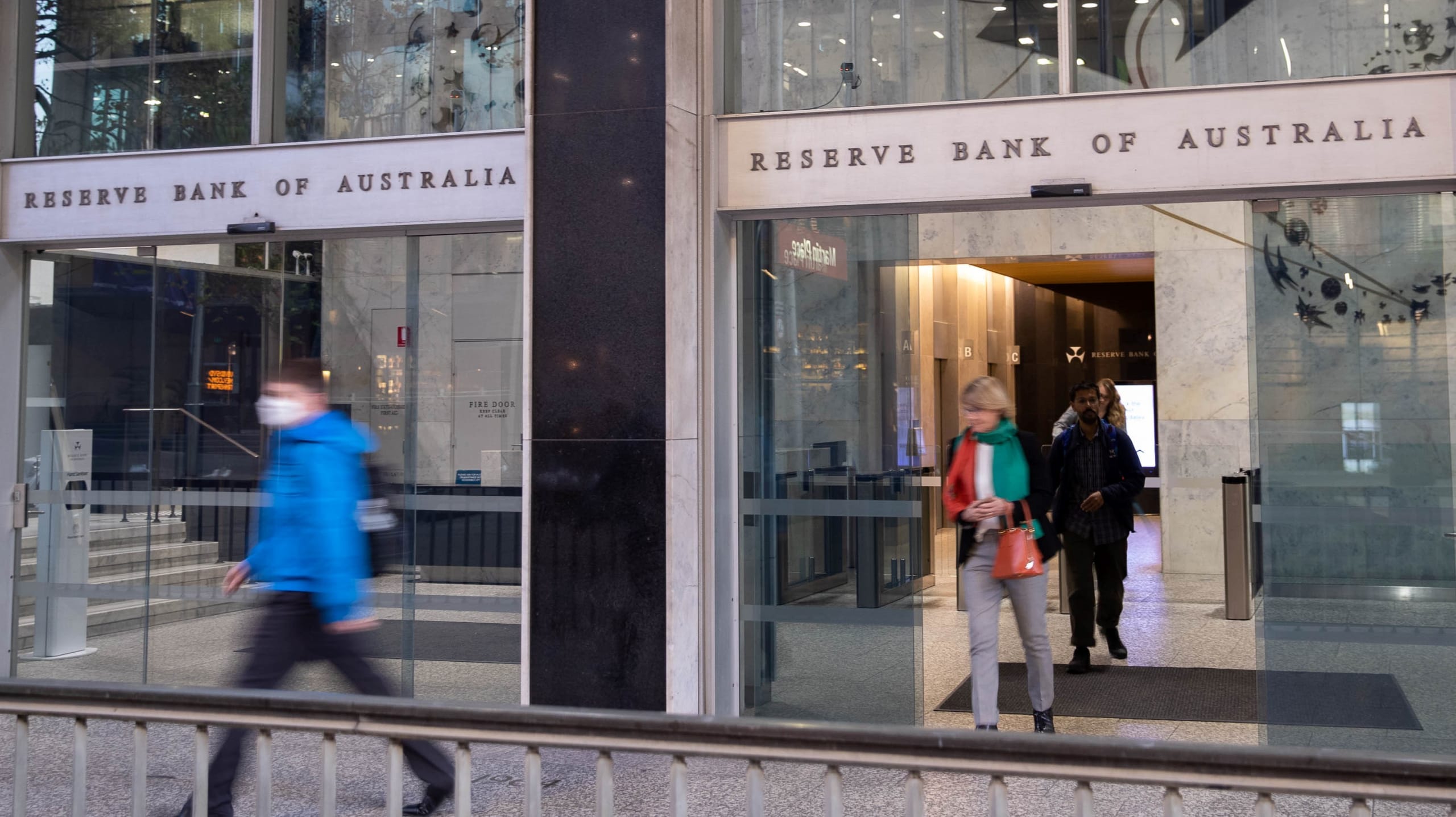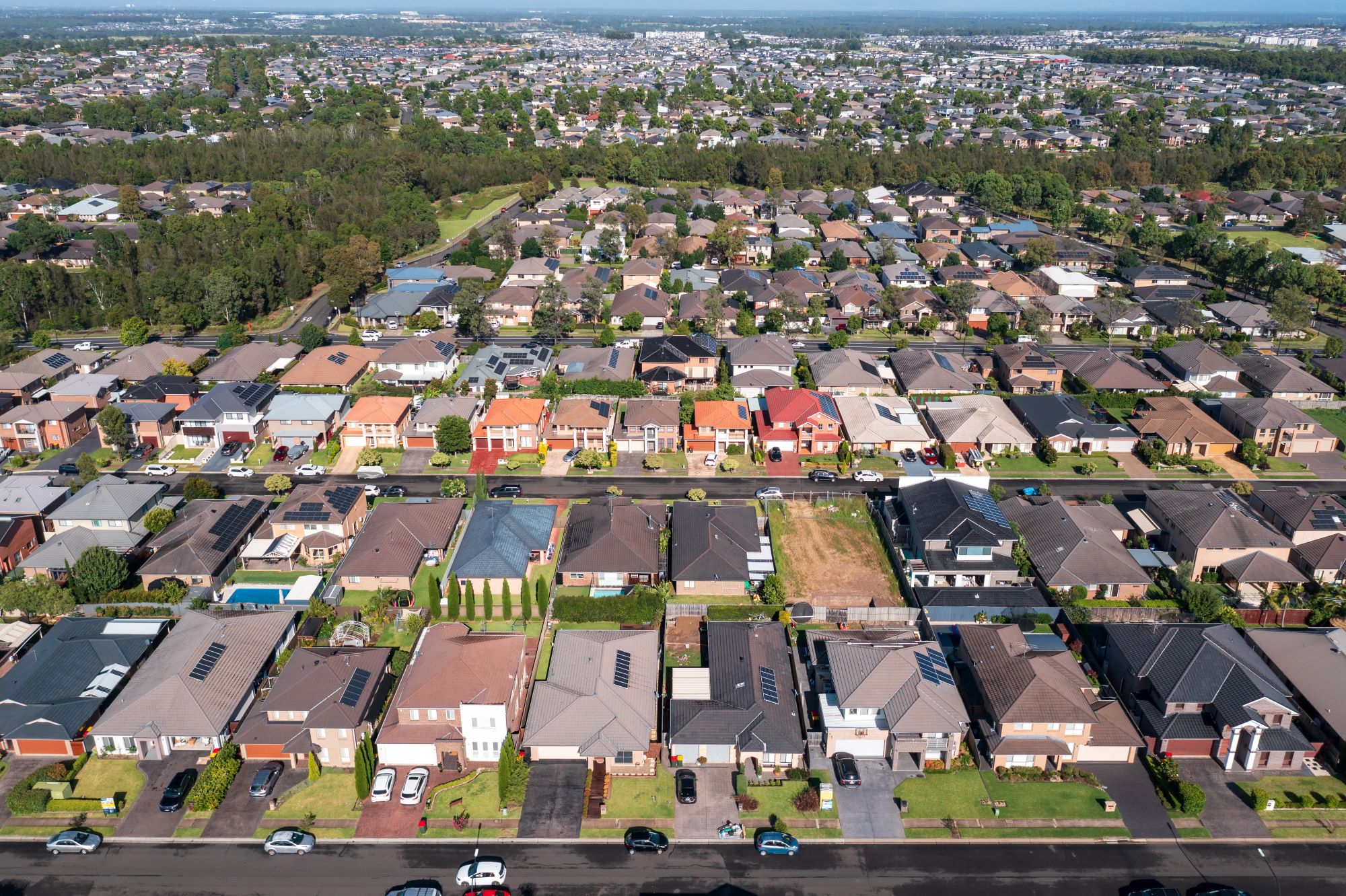RBA’s latest rate hike another hit to mortgage holders as inflation battle continues
Struggling mortgage holders have been hit with another interest rate hike, with the Reserve Bank of Australia lifting the cash rate 25 basis points amid a tight labour market and inflation remaining too high.
At its June board meeting on Tuesday, the RBA marked the 12th hike in its tightening cycle, bringing the cash rate to 4.10% - its highest level since April 2012.
PropTrack senior economist Eleanor Creagh said core inflation pressures remained strong, with services inflation remaining persistent and both headline and trimmed mean inflation still well above the Reserve Bank’s 2-3% target range.
“The latest monthly inflation read indicated an acceleration in inflation momentum,” she said.
“This was considered against signs the substantial tightening already pushed through is weighing on economic activity.
“Consumer spending and employment growth are slowing, while business surveys indicate weaker conditions are expected in the coming months as economic activity slows.”
 The RBA has raised the cash rate a further 25 basis points to 4.10% - its highest level since April 2012. Picture: Getty
The RBA has raised the cash rate a further 25 basis points to 4.10% - its highest level since April 2012. Picture: Getty
Meanwhile, with the labour market remaining tight and despite the unemployment rate rising, it remained close to multi-decade lows, Ms Creagh said.
“The pipeline of wage increases in the public sector and minimum wage decision are expected to maintain wages pressure, potentially fuelling inflation to remain elevated,” she said.
“The risk of a wage-price spiral is an ongoing concern for the central bank.
“This gave the RBA headroom to further raise the cash rate, reaffirming its commitment to overcome the challenge of high inflation and anchoring inflation expectations.”
Mortgage Choice chief executive Anthony Waldron said the Reserve Bank’s decision to raise the cash rate showed that it believed more needed to be done to stop inflation.
“We may be approaching the end of the current rate rise cycle following 12 interest rate rises since May 2022,” he said.
“As we enter the second half of 2023, thousands of borrowers will roll off the end of their fixed rate terms and I encourage these borrowers to speak to their broker to understand what their new repayments will look like and whether they might be better off switching loans or lenders to access a better deal.”
Likely impacts on the housing market
The Reserve Bank’s decision to lift the cash rate in May did not deter the current home price rebound, in fact it had the opposite result, Ms Creagh said.
Nationally, the PropTrack Home Price Index revealed home prices increased in May, rising 0.33% as the home price rebound gathered pace.
This brought prices up 1.55% from the low point recorded in December 2022.
Meanwhile, home prices in the combined capital cities increased 1.34% in the past three months, the strongest quarterly growth since the December quarter of 2021.
“Stronger housing demand is being fuelled by rebounding net overseas migration, and a tight rental market,” Ms Creagh said.
These factors combined with limited new stock, are concentrating buyer interest and putting a floor under home prices, she said.
 Limited new properties for sale are helping to put a floor under home prices. Picture: Getty
Limited new properties for sale are helping to put a floor under home prices. Picture: Getty
“Strong demand relative to stock on market is seeing home prices lift, and offsetting the downward pressure from continued interest rate rises,” she said.
“Home prices remain resilient to the falls the calculated shift in borrowing capacities imply.”
Real Estate Institute of Australia president Hayden Groves said generally speaking, buyers understood peak inflation had passed.
“So, whilst there might need to be a couple more interest rate rises to really try to have a change of direction with inflation and get it under control, I do think that the dent in confidence won't be that significant,” he said.
“We have seen of course, a slowdown and challenging times for housing affordability because of the rising interest rates. We’ve seen basically - with the average mortgage increase - costs go up by 35% in a year. This is an enormous figure.”



